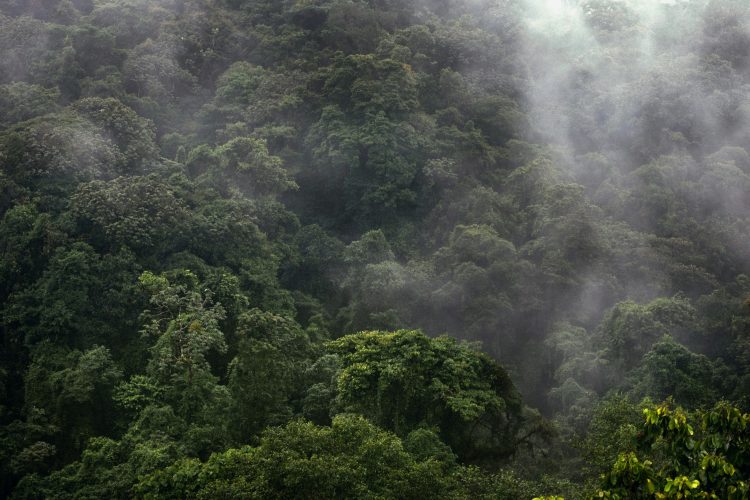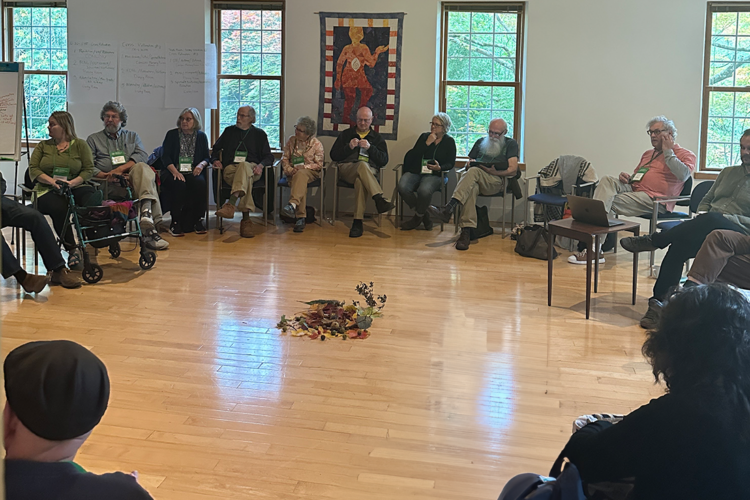Reflections on COP21

It was not so long ago that the cobblestones of Paris were red with blood. November 2015: terrorism. 1940: WWII. 1914: WWI. 1871: Prussians (post Napoleon). 1789: Revolution. One could keep going: 1479: Joan of Arc.
With such a history in mind, and with politicians screaming “crusades’’ not so far away, it is no small thing to witness thousands upon thousands of people gathered to sit at tables with laptops and coffee and microphones and to talk to one another, countries who have warred with one another and taken one another’s trees and lakes and minerals. One hundred and ninety-six countries, not counting the many indigenous nations unrecognized but still present. That’s impressive.
It was easy to get lost, confused, and to develop headaches.
I have been at a COP before, in Copenhagen, when the faces around me were barely controlled masks trying to hold back tears of frustration. Sometimes being on the “inside” is harder than being on the “outside”: you are so close to the people making decisions that you can see them. Maybe they even meet your eyes in passing. But you cannot touch them. Not just their hands—to guide them differently, perhaps—but their hearts. Don’t do what your boss says. Do what is right for humanity.
Copenhagen was very depressing.
Paris was better. There was more optimism. France didn’t want to lose face. Of course, you can take the 20-minute train ride from the Center to Gare du Nord, step into the shops and the Champs Elysees lit with Christmas lights and know that the French economy has little actual interest in slowing down. All those bright lights are like a much more elegant version of Times Square. “That’s because they depend upon nuclear power,” an ex-Parisian told me. Ultimately the agreement reached at COP21 was insufficient because it had no teeth. Nevertheless, it was better than what has been done before.
There are, at this point, three things I can say to the wider Quaker community from Paris.
First: The movement of people who yearn to bring this world to a better place is beautiful. It is strong. It is filled with young people from all over the world. It is also filled with grandmothers and grandfathers, with indigenous peoples and rappers, with peace activists and environmentalists. It is interfaith and no faith. It was evidenced in side panels and side events around the city, in art exhibits and interfaith prayer services and random conversations with strangers. It was in the warm embraces across cultures that have deep histories of fighting one another. When in the midst of those spaces, I believed that it did not matter what the governments did or did not do. It is about us: the people. Be encouraged, Friends: the Spirit is strong.
Second: the police state is growing. The fear of Islam is growing. Of course you know that. But recall how I started: Paris still holds the memories of the men on horseback and on foot who killed and died in the Crusades. From the Crusades came the legal and moral reasoning that led to the Doctrine of Discovery: the papal bulls that enabled colonization. From colonization comes climate change. France was one of the pulsing centers of colonization. Nation-states tend to choose “security” (increased policing, crackdown on immigrants, and increased harassment of black and brown bodies) over the more difficult task of economic transformation. Will we look back at this agreement as a rare moment when nations came together, before all the fear of change and unresolved pasts comes to the fore and violence consumes us? I hope I am wrong when I suggest that it is possible.
And so we have an old and familiar question: How do we hold up the truth that peace is less expensive and far more worthwhile than various forms of war?
Third: I have no doubt that voices of faith made a difference. We must now increase our efforts of transitioning into ways of living not built on extraction and plunder. Quakers, of course, have potentially strong roles to play in this process to ensure that the global war hawks do not add to the difficulty of transitioning into a green society. It is not for us alone—never alone, but with our brothers and sisters of other faith traditions, in our roles in “secular” society. Might we bring the best of who we are into the tremendous game of chance of human survival within which we now are caught. May the Spirit be with us, opening us to who we have yet to become.

